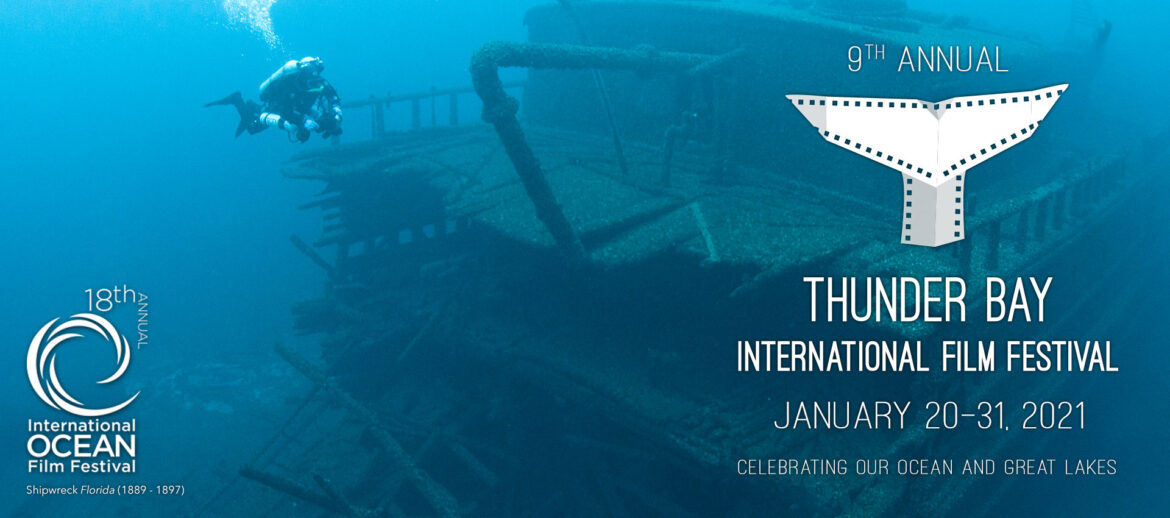 By Brandon Chew
By Brandon Chew
COVID-19 has forced the ninth-annual Thunder Bay International Film Festival to be online this year.
More than 70 films are showcased at the virtual festival that ends this Sunday. The festival is produced by Thunder Bay National Marine Sanctuaries in Alpena, Michigan, and the International Ocean Film Festival.
The majority of the films are documentaries about life within the Great Lakes and oceanic ecosystems, said Stephanie Gandulla, a marine archaeologist and film festival coordinator.
While an in-person event is preferred, there are benefits to conducting the festival online, she said. The audience for these films could be much larger than in previous years due to the virtual format.
“The joy of a film festival is watching films with people,” Gandulla said. “That’s the whole reason you have a film festival, so people can watch together and talk about them.
“We might not be having the fun events and the parties and the popcorn, but we’re able to reach more and more people,” Gandulla said. “Our audience is more diverse – I think more geographically diverse for sure – and we’re reaching people that maybe we would never even connect with otherwise.”
Grand Rapids filmmaker Jason Whalen agreed.
“In a virtual format more people can become involved,” said Whalen, whose Fauna Creative Co. contributed three films to the festival.
“You lose some of the magic that a film festival can create but you can (watch) in the comfort of your own home and over a longer period of time,” he said. “Hopefully, that will get people to sit down and digest some of this content.”
One of his films is about preserving brook trout habitat in Minnesota. Another is about a man preserving land. The third is about the invasive rusty crayfish in the Great Lakes.
The importance of people understanding their relationship with aquatic environments is what this year’s festival provides, Gandulla said.
“The main mission and main accomplishment that we see every year is connecting the Great Lakes and the ocean and demonstrating, virtually, that we’re all connected, and what we do here in the Great Lakes has an effect on the ocean and vice versa.”
This year’s festival also offers viewers an escape from the Coronavirus quarantines, Gandulla said.
“Even though we’re stuck at home, it is a good opportunity to get out and experience these amazing, beautiful places.”